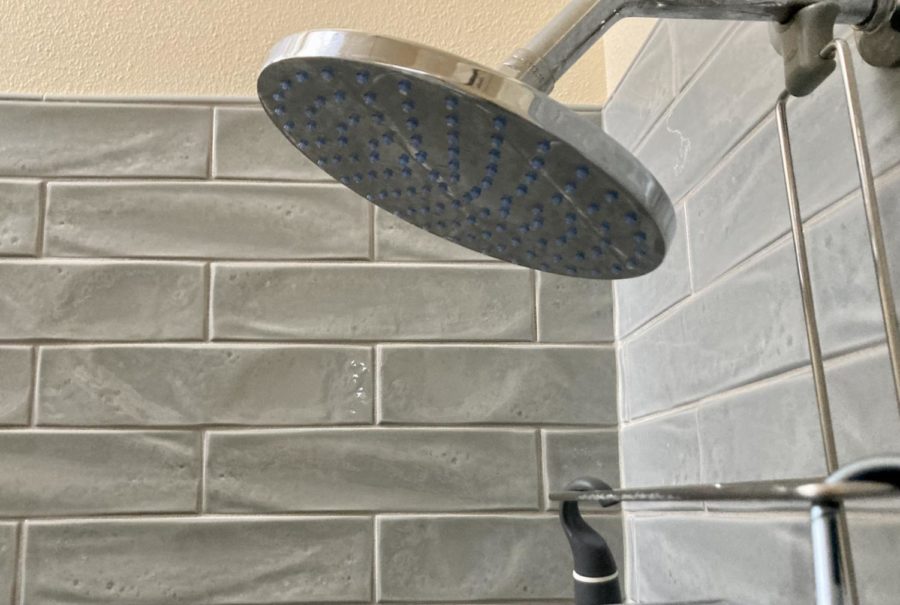You Don’t Need to Shower Every Day
Americans are stubbornly attached to their daily showers at somewhat detrimental effects.
Either after a long day or before a long day begins, most people like to enjoy a warm shower to wash off their fatigue. Those who shower every day, though, may be doing more harm than good to both their body, their home, and the world. With ⅔ of Americans taking showers daily, the population is seemingly unaware of the implications of showering every day and how it’s unnecessary and harmful.
Your body contains an elaborate, delicate system of good bacteria and microorganisms. So, when you go to wash your body of sweat, you’re also stripping away this balanced environment. The oils, including those on your scalp, build up over time, but not enough to wash off every day so that your body is unable to replenish them. Because the oils fill in the gaps between cells, without this extra barrier to protect one from bad bacteria, they are now susceptible to skin infections. According to Harvard Health Publishing, a normal functional layer of skin needs “normal exposure to dirt, microorganisms, and environmental exposure to create protective antibodies and ‘immune memory.’” So, someone who takes daily showers could be compromising their own health and debilitating their ability to fight illnesses. It can also lead to dry, cracking, itchy skin and eczema, as well as weak, brittle hair. You’re unable to see the effect of showering daily immediately, especially if you’ve practiced it for a while, but you need to ask yourself if the aftermath is worth the hot water.
The consequences don’t stop there, though, since your daily showers also affect your utility bills and the environment. The Alliance for Water Efficiency estimates that the average shower lasts eight minutes and uses roughly 17.2 gallons of water. In America, 1.2 trillion gallons of water are used solely for showers. You may think that it’s going to good use, but nearly 20% of the water for a shower goes unused, so that’s 0.24 trillion gallons each year. We have a limited amount of usable water, and reckless consumption of water for unnecessary showers, according to Impactful Ninja, “deplete the water in rivers, bays, lakes, estuaries, and reservoirs causing increased levels of pollutants and creating dead zones that reduce plant and animal diversity.“
Your water consumption isn’t the only thing to worry about— your energy consumption also causes problems. It takes energy to both move the water, which is fairly heavy, and heat the water. Water heating itself accounts for almost 17 percent of total home electricity, according to the Department of Energy. Heating the water also burns fossil fuels, so these daily showers contribute to pollution that could easily be minimized. .
Although it can feel good to get into a hot, steamy shower, before you’re thinking about taking one daily, ask yourself why and if you really need to take one. Even if you need to rinse yourself off after a workout, either consciously decide to limit your time in the shower or even better, dampen a washcloth and use it outside of the shower to limit your usage of water and the consequences towards your skin. A little water may seem trivial, but consider all the effects before you hop in the shower again each day.

Caitlin is a senior at Boulder High School and a new member of The Owl. By joining the newspaper, she hopes to use it as an outlet to share interesting stories, dive deeper into topics that interest her, and have a more thorough understanding of journalism. Not only does she like writing, but she plays both club and high school soccer. She started the sport when she was in 4th grade and has continued to love the game more each year. Unless she has soccer practice, she often goes to get boba tea with friends or the swings at North Boulder Park at night with them. Ever since she was young, she’s loved to bake cakes and cupcakes. Her favorite part of the process was decorating and making them...






